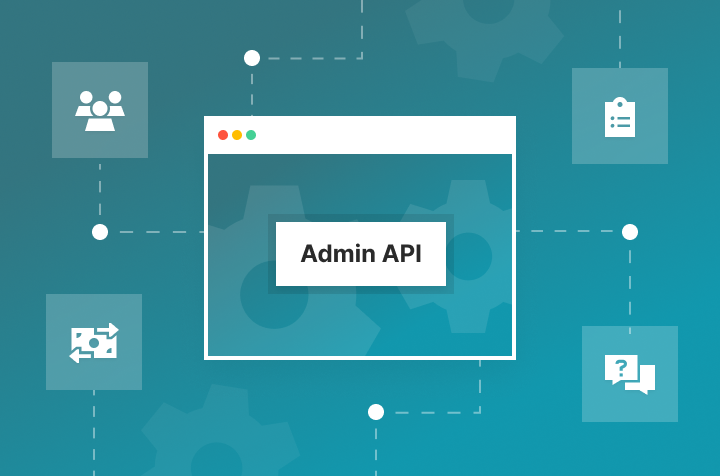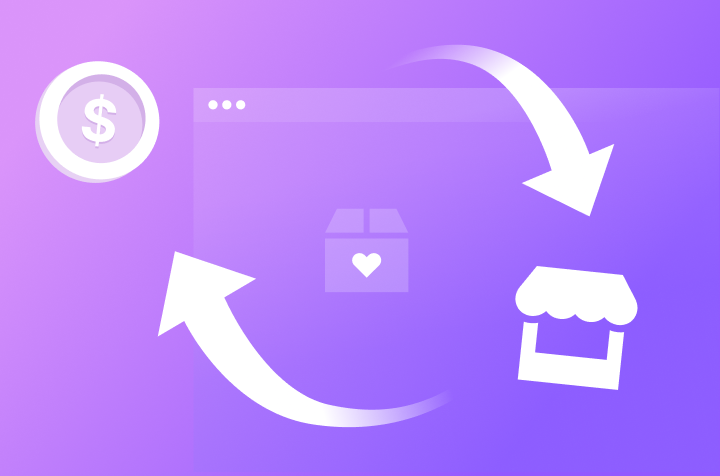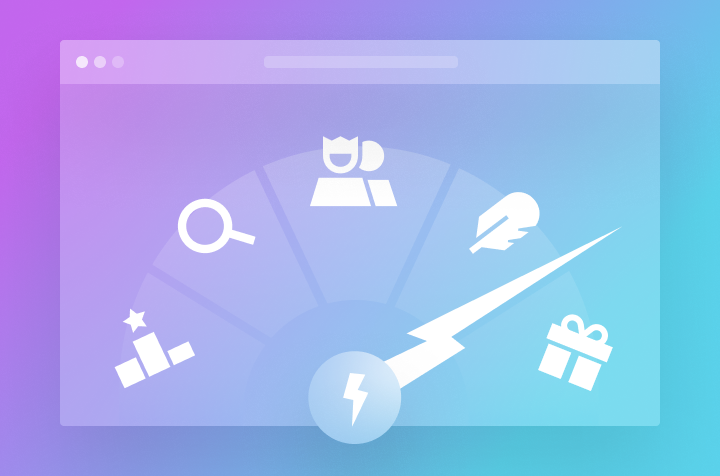What is a child panel?
A child panel is a panel with a limited selection of features that is linked to one of your regular panels.
In general, there are 2 main SMM panel types — regular panels and child panels. The name "regular panels" is pretty self-explanatory: those are the main highly functional panels that you can purchase on our platform right away, they have an extensive selection of features. But what exactly is a child panel?
Let's break down the key differences between these two SMM panel types.
Differences between regular and child panels
1. Panel ownership
The first major difference between these 2 types is that a child panel never belongs solely to its owner. He or she has to share the ownership rights with an owner of a regular panel the child panel in question is linked to. Unless a regular panel's owner agrees to give the rights away on certain conditions.
The point is: if you buy a child panel because its maintenance is cheaper than a regular one, you need to be ready for the fact that you won't be 100% in control. A regular panel's owner will always have access to all your data - panel users, staff members, etc. He or she can also edit your own access rules, set a new password to your account or even suspend it. Many people don't know that when they decide to purchase child panels but, of course, it's important to keep in mind that a regular panel's owner always remains the main boss.
It's probably the main reason why child panel owners sooner or later decide to switch to regular panels instead - and it's definitely possible, you can hit us up anytime to learn how you can do it in case you're interested.
Child panel owners can have multiple staff members, however, much fewer than regular panel owners.
2. Number of providers
The second significant difference is in the possible number of providers: a child panel can have only one provider, and it's the regular panel that it is linked to. Meanwhile, the number of providers for regular panels on our platform is unlimited - you can connect as many of them as you want, and absolutely for free (we don't charge extra for that).
3. Maintenance cost
Now, let's talk about the maintenance cost. Usually child panels cost $25/month, and there's no monthly orders limit. But here's the catch: all orders are processed via the regular panel that a child panel is linked to. It means that the owner of the regular panel manages all orders in general.
This is why if you purchase a child panel, you shouldn't count on its major growth since the feature selection of such panels is very limited in comparison to regular panels. Sure, regular panels cost more to maintain, however, they are way more functional, which is crucial if you want to manage a lot of orders and grow your business substantially.
4. Limits in selection and use of features
Last but not least: the difference in selection of features and limits in use of certain features.
Here are the features that are unavailable in child panels: unlimited number of providers, admin API, average time, affiliates, the Multi-currency module, updates page, free balance, start count parsing. In addition, child panels can't sell their own child panels.
A couple of features are available partially, such as subscriptions and order refill. Child panel owners can create their own subscriptions and order refill options. These features can only be available in case a regular panel that a child panel is linked to provides them. This means that a child panel offers exactly those subscriptions and order refill options that are available in the regular panel it's linked to - and that's it.
As you can see, child panels don't have many useful features (or there are significant limits in use) that can greatly improve panel user experience, especially if you need to process a lot of orders and want to continue growing your panel. It also proves that quite a lot in child panels depends on regular panels they are connected to. However, child panels are a fantastic tool for smaller resellers due to the affordable maintenance cost.
What can you use child panels for?
Child panels are fully white-labeled so you, as a regular panel owner, may sell them as a service to your customers.
Since all orders are processed via regular panels, selling child panels can help you build your customer base. It's a good way to boost the growth of your business and increase income. This feature is very popular since purchasing a child panel is often the most suitable option for inexperienced resellers, those who are just getting started.
How to sell child panels?
Regular panel owners can start selling child panels anytime - all they have to do is to enable that feature in their settings. When that's done, their customers will be able to place orders for child panels via their regular panels.
In addition, regular panel admins can order child panels themselves and inform their customers regarding all details privately.
Summing it up
See all differences between regular and child panels listed in a table below for your convenience.
| Differences | Regular panels | Child panels |
| Panel ownership | Full control of the panel, max possible number of staff members | Limited control of the panel, much fewer staff members possible |
| Providers | Unlimited (no extra charge) | Only 1: the regular panel it's connected to |
| Maintenance cost | Various plans (starting with $50/month), limited number of orders | Usually $25/month, unlimited number of orders (processed via the regular panel AKA the provider) |
| Subscriptions | All options available | Only options that are offered by the regular panel (a child panel's provider) |
| Order refill | All options available | Only options that are offered by the regular panel (a child panel's provider) |
| Child panels selling | ✓ | ✗ |
| Admin API | ✓ | ✗ |
| Average time | ✓ | ✗ |
| Affiliate system | ✓ | ✗ |
| Updates page | ✓ | ✗ |
| Multi-currency module | ✓ | ✗ |
| Free balance | ✓ | ✗ |
| Start count parsing | ✓ | ✗ |



